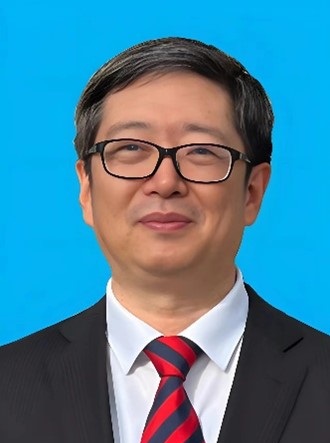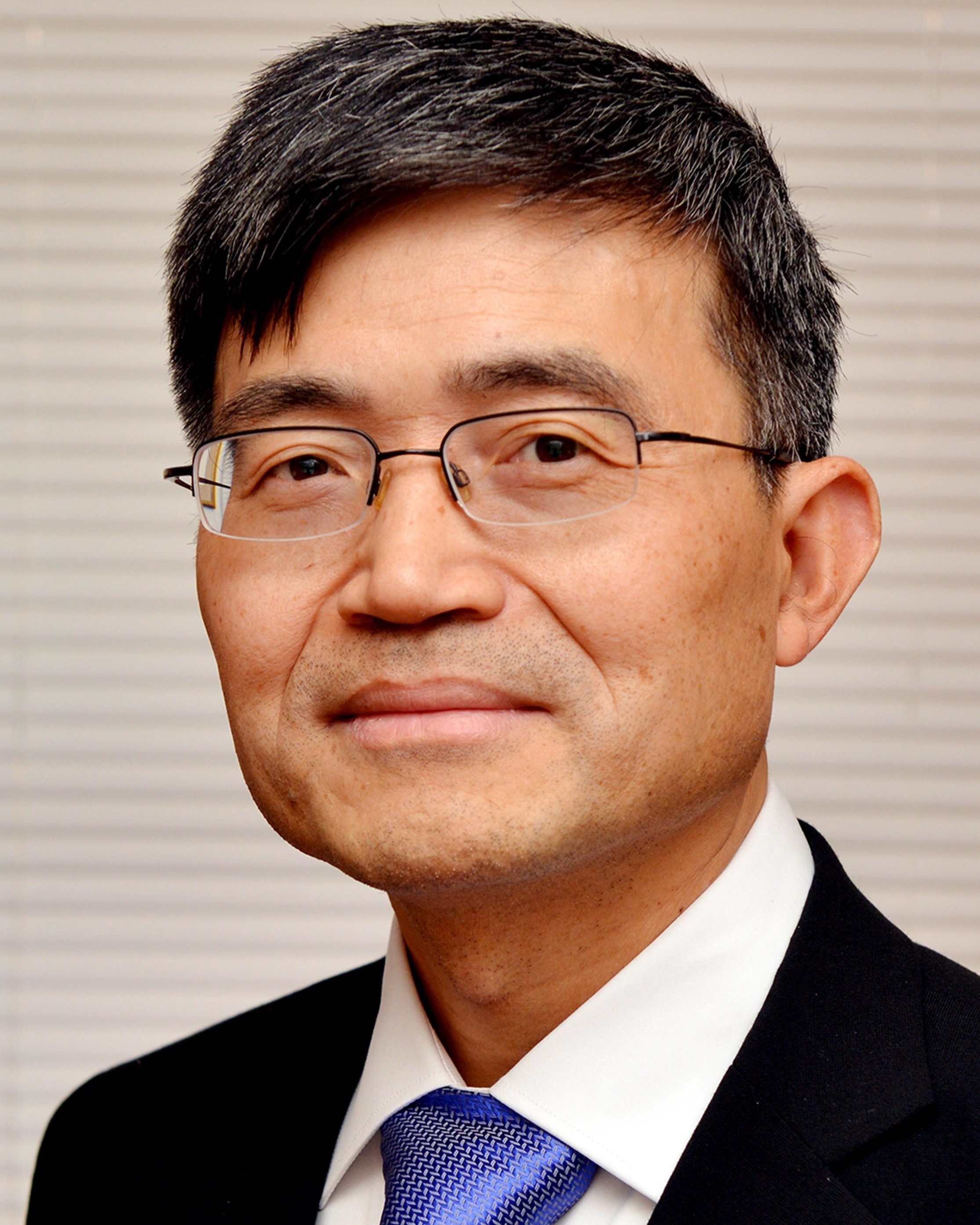Plenary Talks
 |
Speaker: Lei Guo (Beihang University, China) |
| Title: Bionic Intelligent Unmanned Systems: From Methods, Systems to Behavior | |
| Abstract: Currently, the unmanned systems are faced with the technological bottleneck of “prescribed tasks, ideal environments, and deterministic modes”, posing significant challenges in achieving precise, reliable, and autonomous control in “dangerous, extreme, hazardous, harsh” environments. “Natural selection, survival of the fittest”. The animals possess powerful and intelligent survival capabilities with billions of years of evolution, allowing them to adapt seamlessly to extreme conditions. Inspired by this, the intelligence of unmanned systems in disturbed and adversarial environments, is not confined to the commonly understood “brain-like intelligence”, but is instead demonstrated by their survival capability under multi-constraint, high-dynamic, and strongly adversarial conditions. In this talk, I will begin with the estimation and control theory for multi-source disturbance system, and then introduce the theoretical and technological research framework for bionic intelligent systems under complicated disturbance and adversarial environments. In particular, I will elaborate on the core technological breakthrough our team has made in the area of bionic intelligence, including bionic navigation, bionic manipulation, and intelligent control systems. Finally, we will discuss, from the perspectives of methodology, systemology, and behaviorism, the fundamental principles and future directions for bionic intelligent technologies, including the safety, green, and immune system integration. |
 |
Speaker: Zhong-Ping Jiang (New York University, USA) |
| Title: Nonlinear Small-Gain Theory and Its Applications | |
| Abstract: The world is nonlinear and linked. In this talk, I will present the origin of the small gain theory and show that it serves as an important systematic tool for addressing two funda mental problems for networks: When is a dynamical network robustly stable? When can a dynamical network be made robustly stable by feedback? As an illustration, we show how the small-gain theory can be applied to unify solutions to event-triggered nonlinear control and provide novel solutions to distributed feedback optimization. Finally, if time permits, I will discuss briefly learning-based control, a new direction in control theory, that aims to integrate machine learning and nonlinear control techniques to relax the conservativeness of small-gain designs. | |
 |
Speaker: Martin Guay ( Queen's University, Canada) |
| Title: Data-driven Control of Unknown Nonlinear Systems Using Extremum Seeking | |
| Abstract: The complexity of system dynamics can often be an obstacle in the development of reliable dynamical models. In classical control engineering methodologies, the knowledge of the system's dynamics has always been a key element in the design, testing and implementation of control systems. Since the development of reliable dynamical models is often restrictively onerous and fraught with technical and experimental difficulties, the access of high-quality dynamical models is often limited. The last ten years has seen a tremendous amount of research activity on the development of model free control techniques. One leading technique is extremum-seeking control (ESC). This technique has been applied extensively in many application areas such as biomedical engineering, aerospace engineering, automotive, biotechnology and process control. In this presentation, we seek to review some of the new developments on the generalization of extremum seeking control as a data-driven controller design technique. It is shown how one can apply this technique to design reliable control systems that require only limited knowledge of the system dynamics. Several applications are presented to demonstrate the versatility of this technique. | |
